El Salvador eats more beef than it raises. Imports already cover over 90% of demand, with Nicaragua supplying roughly three-quarters and the U.S. a distant second at around 5%. For years, that dependency meant higher prices and little consumer choice.

President Nayib Bukele has decided to break that cartel dynamic. In October 2024, after his trip to Buenos Aires, Argentina’s Foreign Ministry confirmed the first refrigerated beef shipment to El Salvador. And on July 9, 2025, Brazil’s Agriculture Ministry (MAPA) and Foreign Ministry (MRE) jointly announced that El Salvador formally opened its market to Brazilian beef, citing more than $283 million spent on beef imports last year.

Bukele’s rationale is simple: competition lowers prices and raises quality. As he said in Buenos Aires, Argentine beef would “increase competition, causing prices to fall and quality to improve”.
So far, so good. But the test of reform is never the idea — it’s who shows up to exploit it.
The Sanitary Stamp Game
Every pound of beef that crosses El Salvador’s border passes through a web of sanitary certificates. For U.S. exports, FSIS export library rules still reflect long-standing bans on beef from cattle over 30 months due to BSE risk.
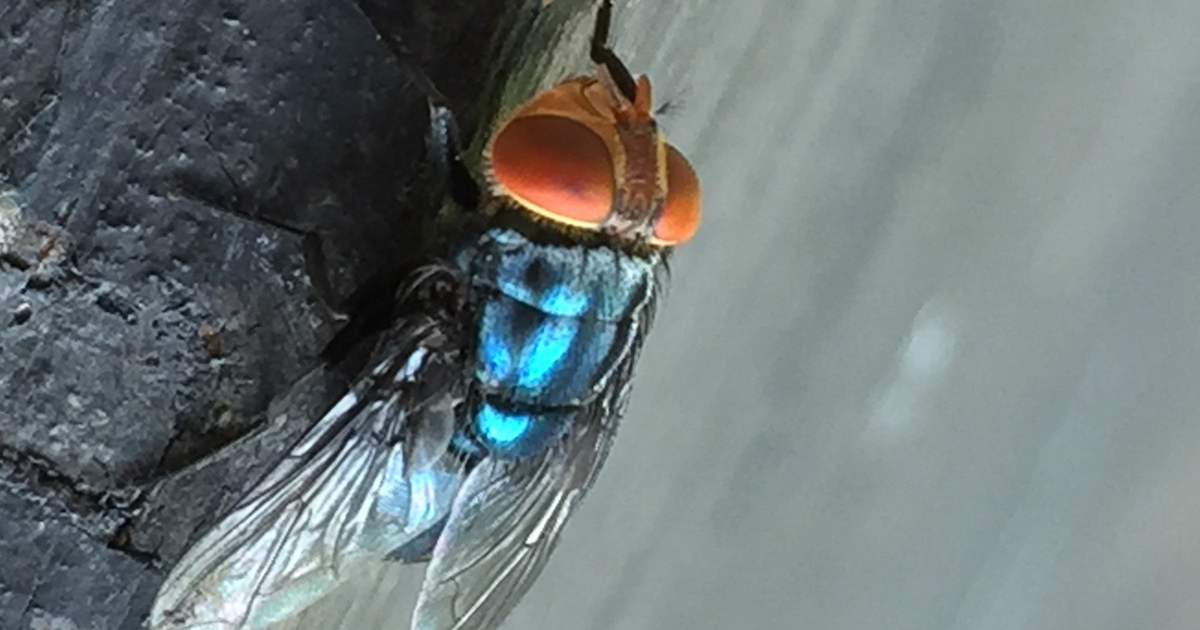
For regional players, the barrier is disease. On June 7, 2025, USDA APHIS officially added El Salvador to the list of regions affected by New World screwworm, tightening controls and raising questions about animal-health oversight. The Ministry of Agriculture (MAG) has responded with vaccination and deworming campaigns in Chalatenango and Santa Ana.
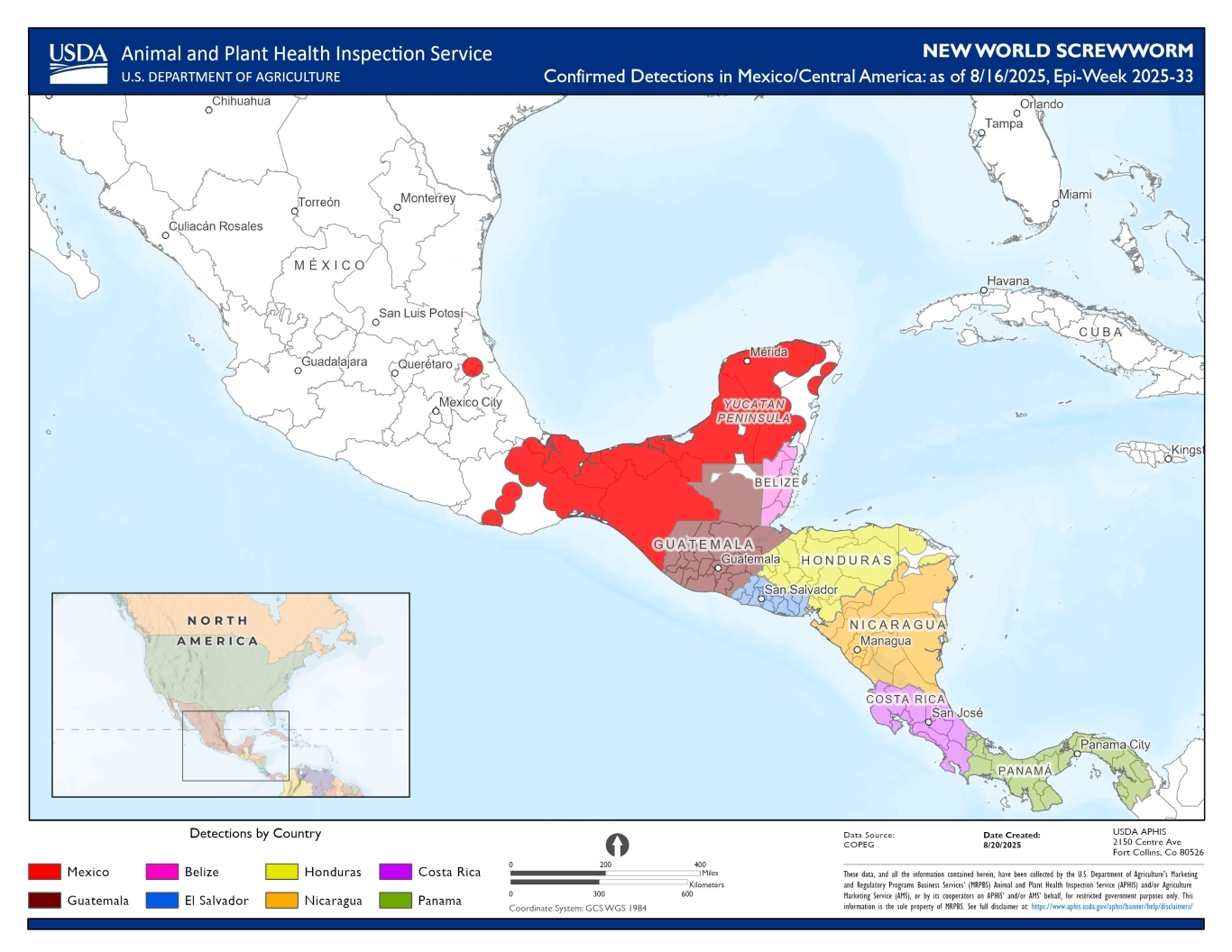
These controls don’t just protect cattle. They decide who gets to sell into the Salvadoran market.
Enter JBS
Brazil’s new export opening isn’t just about “Brazil.” It’s about JBS, the world’s largest meat processor — and its most notorious.
- In 2020, JBS parent company J&F Investimentos pleaded guilty in U.S. federal court to conspiring to violate the Foreign Corrupt Practices Act, paying a $256.5 million criminal penalty.
- Parallel SEC enforcement forced the Batistas to disgorge millions in ill-gotten gains.
- On June 26, 2025, JBS completed its long-planned NYSE listing, cementing Wall Street backing despite a record that includes Operation Car Wash bribes, environmental fines, and labor scandals.
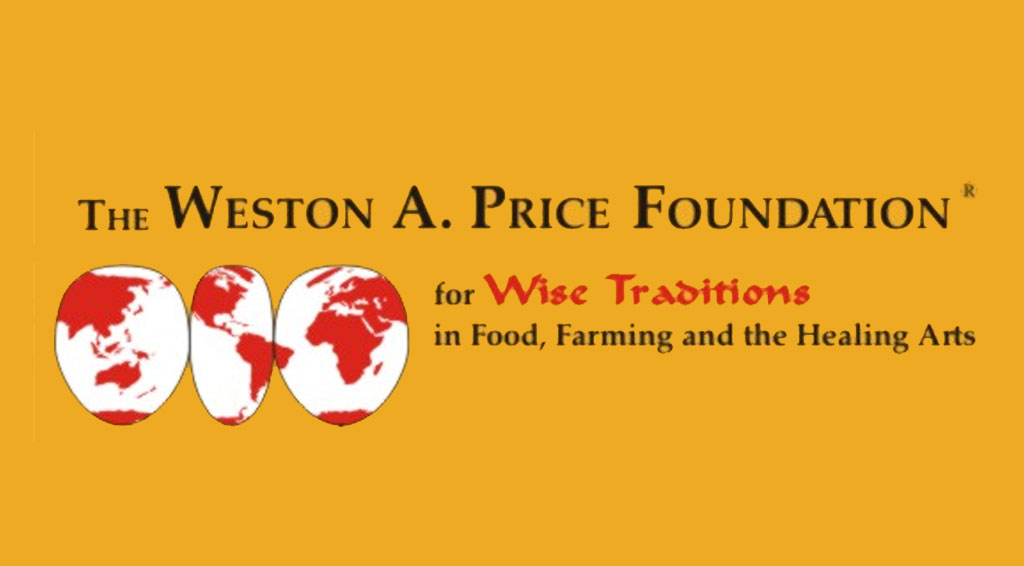
Now, with Brazil cleared to ship directly into El Salvador, the question isn’t whether Salvadoran consumers will get cheaper beef. It’s whether they’ll be served Batista beef wrapped in a sanitary certificate.

Winners and Losers
- Winners: JBS and other exporters who can ship high-value cuts directly to Salvadoran supermarkets (Walmart, Super Selectos, PriceSmart), which already dominate 40% of food sales.
- Losers: Salvadoran ranchers, already squeezed by drought, disease, and decades of decline. The national herd shrank through the civil war years and, even after partial recovery, stood at just 1.59 million head in 2022 according to the Ministry of Agriculture. With imports now covering more than 90% of beef demand, local producers risk being pushed out of their own market altogether.
The monopoly math is simple: ranchers lose, consumers depend, monopolists profit.
The Shield
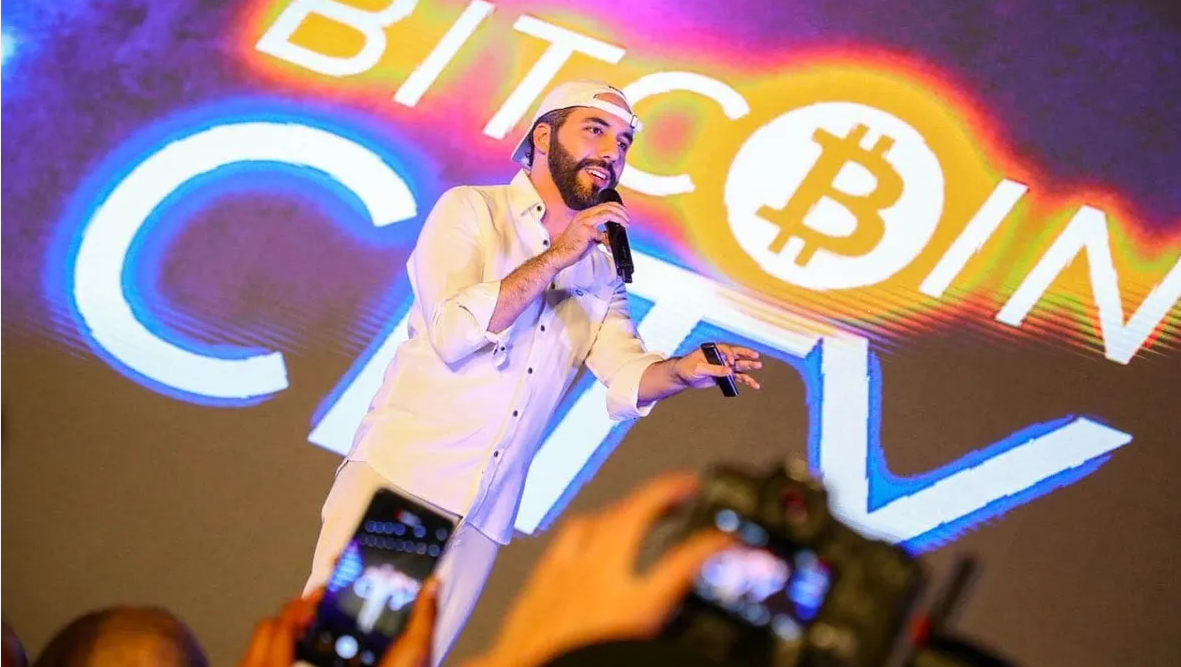
This is not a story of Bukele selling out. It’s the opposite. He opened the door to competition — a logical extension of his Bitcoin experiment and his anti-gang sovereignty project.
But a free market only works if it’s free from monopolists. And JBS is not a competitor — it’s a cartel in corporate form.
If Salvadorans want the benefits of Bukele’s reforms — lower prices, better quality, real choice — they’ll need to guard the door. Support regenerative ranchers. Demand transparency in imports.
Make sure that Bitcoin beef isn’t Batista beef.
Find Rancher Direct Certified℠ local beef you can trust at BeefMaps.com — no monopolies, no middlemen.


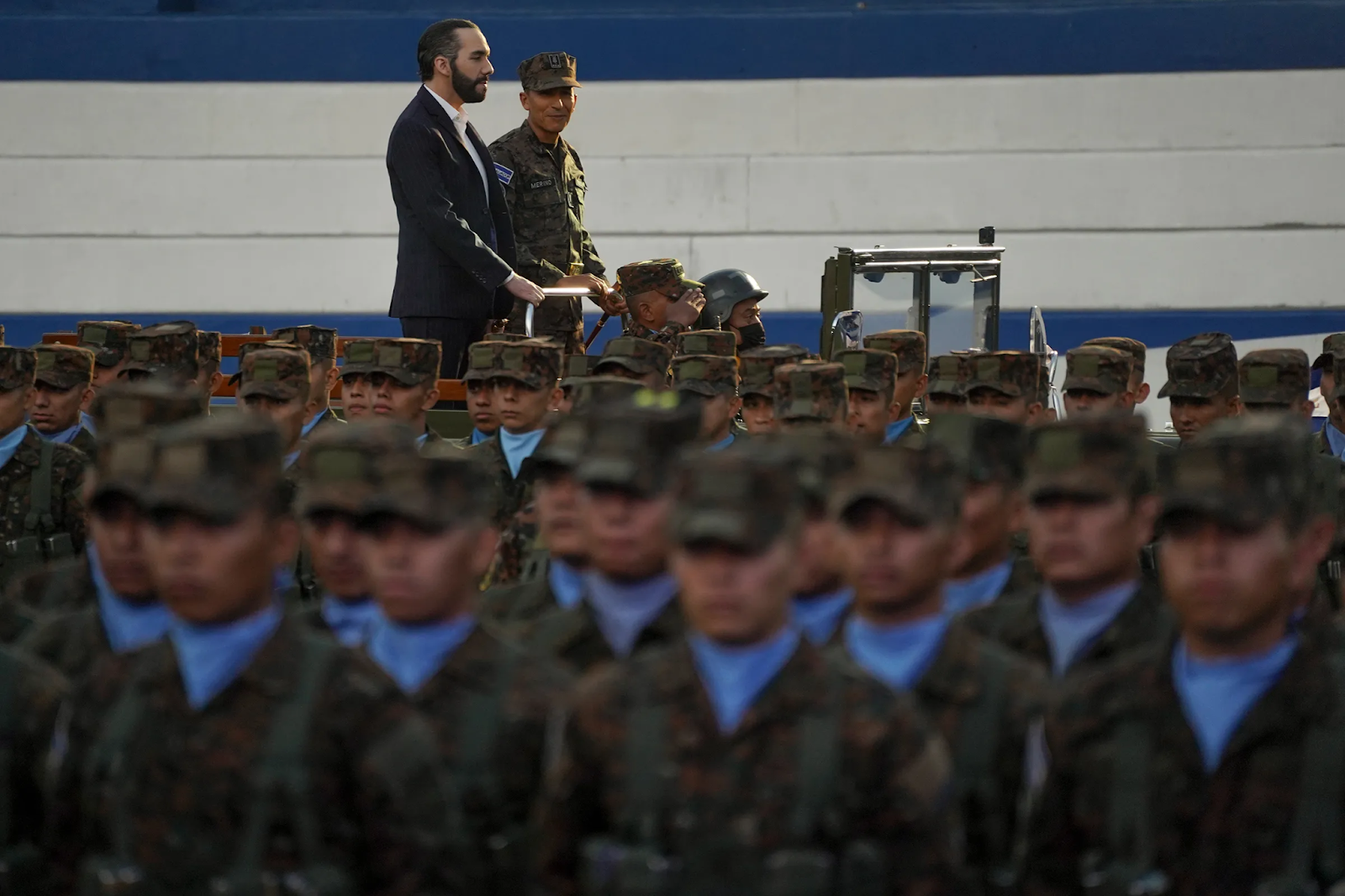
0 Comments